How Much Water Should I Drink on Keto?
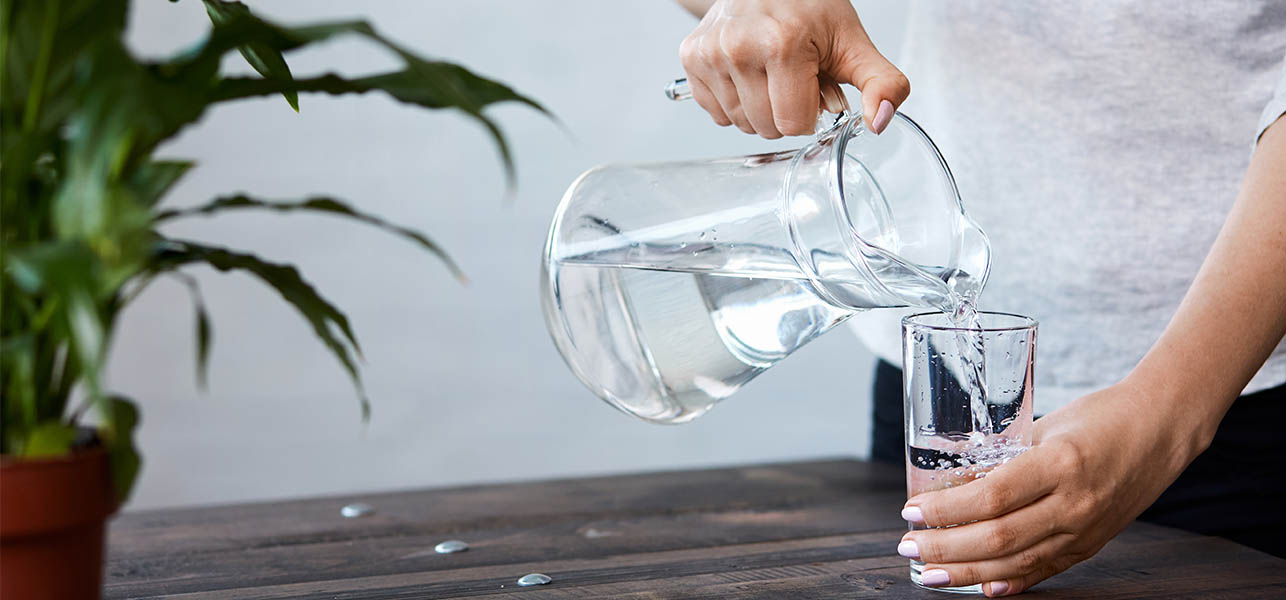
As the ultimate keto-friendly beverage, it’s critical to drink plenty of water, but how much is enough? Discover the ideal water intake while following the keto diet and learn why it’s so important.
The ketogenic or keto diet raises several questions when you’re just starting. There is a lot to learn, be it your ideal macros ratio or how to handle the unpleasant symptoms of keto flu. Another frequently asked question among keto dieters is how much water to drink on keto.
Water is vital for all known life forms. It carries out countless functions in the human body and ultimately keeps you alive. If you don’t drink enough water, you will soon experience symptoms of dehydration that can quickly become harmful to your health.
Water offers an entirely keto-friendly, calorie-free drink that supplies proper hydration on the keto diet. So, to maintain adequate fluid levels throughout your keto journey, keep reading to learn how much water is a sufficient amount.
How Much Water Should I Drink on Keto?
It’s tricky to determine the exact amount of water you should drink on the keto diet. The recommendation for healthy adults is around 13 cups of fluids per day for men and around 10 cups a day for women. You likely need more than the average amount as you lose more water when following the ketogenic diet.
The amount of fluid you need every day can vary from person to person. Variables such as age, body weight, physical activity level, and dietary choices can impact your personal water needs. Finding the appropriate balance can make your experience with keto a lot easier.
Our best advice is to keep your water bottle nearby so you can continuously sip water throughout the day. Aside from keeping you functioning properly, water has multiple health benefits. It may reduce sugar cravings and keep you from feeling hungry on keto.
Does Keto Dehydrate You?
Yes, the keto diet does dehydrate you. When you restrict carbs, you use up the glycogen stored in your body. The liver breaks down fat and fatty acids to create ketones as an alternative energy source. In doing so, your ketone levels rise, and your kidneys remove the excess via urination. This, among other factors, causes you to lose water.
Ketones essentially have diuretic effects. With frequent urination, you’re losing water and essential electrolytes. Your kidneys excrete more salt, and you cannot retain water as usual. It leaves you dehydrated and makes you feel more thirsty than you normally would.
Additionally, keto dieters tend to lower sodium consumption by eliminating salty carbs and processed foods from their diet. Sometimes, you might not get enough sodium on keto.
Sodium is an essential electrolyte that helps deliver water to your cells and maintains a balance between fluids and minerals. Low sodium levels can increase your risk of dehydration.
Dehydration is one of the most common complications of following the keto diet, especially in the first few weeks. In fact, many of the keto flu symptoms can potentially stem from mild dehydration, such as headache, dizziness, weakness, constipation, and keto fatigue.
You may need more water and more electrolytes to get things back on track.
Staying hydrated is critical for your keto journey, and even more so when you have keto flu or you’re on keto while sick. You should prioritize your water and fluid intake to prevent dehydration and its nasty side effects that may lead some keto dieters to quit entirely.
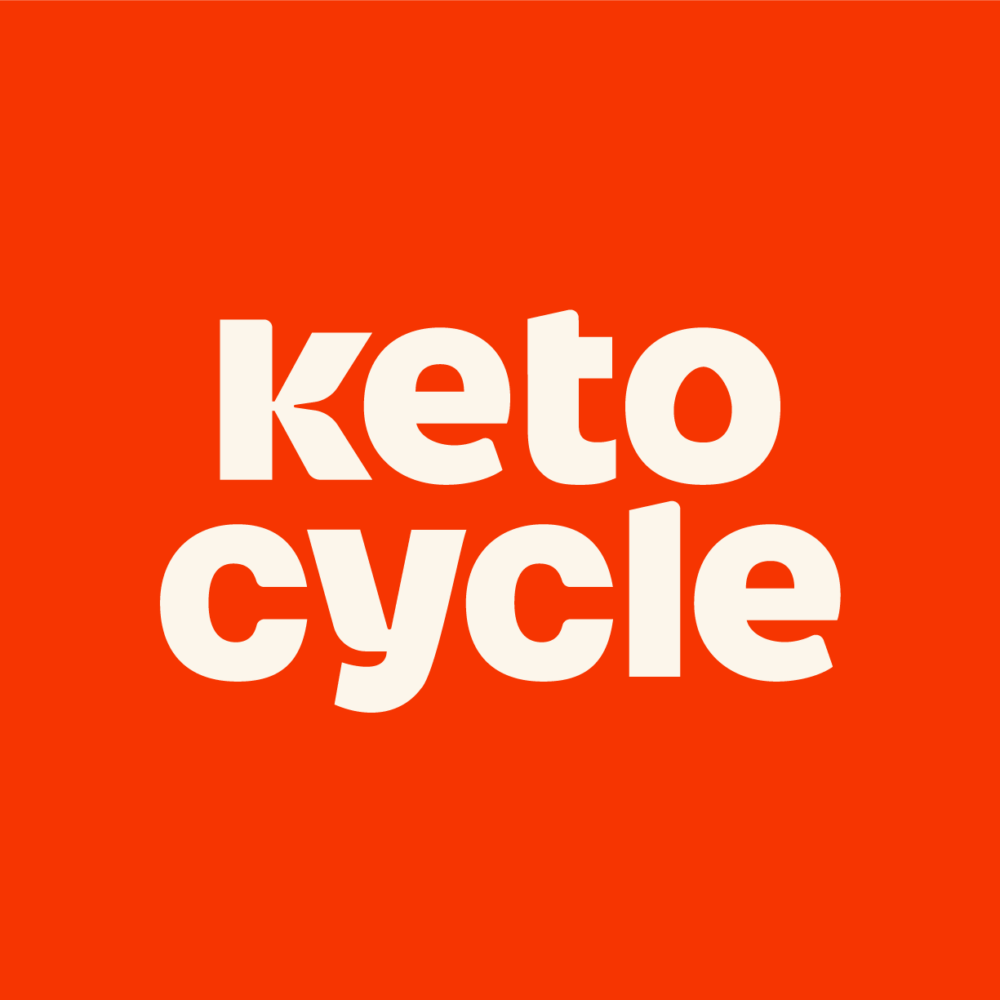
Advertisement
A ketogenic diet app designed to make keto easy. From the start.
- Personalized meal plans & workouts
- 10,000 keto recipes + vegetarian-friendly recipe database
- Customizable grocery list
- Calorie tracker
- Keto education and overviews of current trends
Ketosis Dehydration Symptoms
The state of ketosis makes you more prone to dehydration. If you ignore the signs, you risk ending up with severe dehydration. Once you achieve ketosis, you must monitor your water intake. You should also learn to recognize the warning signs for ketosis-induced dehydration.
With a fluid and electrolyte imbalance, symptoms of dehydration appear. Symptoms ranging from mild to severe include:
- Dry mouth
- Feeling thirsty
- Headache
- Darker-colored urine and less urine production
- Dizziness
- Confusion
- Lethargy
- Fatigue
- Rapid heartbeat
- Muscle cramps
- Muscle weakness
Increasing your water intake will help you stay hydrated and relieve many of the above issues. The more serious symptoms may require medical attention.
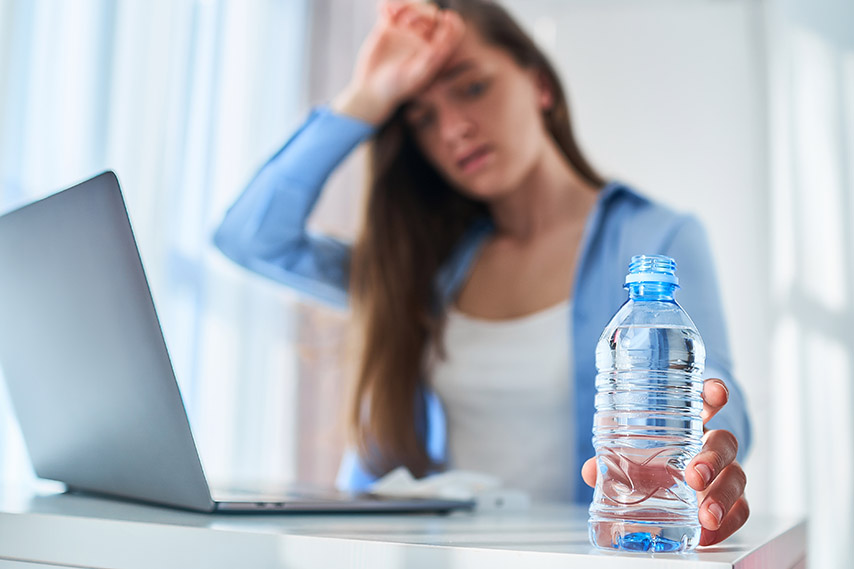
Is It Possible to Drink Too Much Water on Keto?
The answer is yes. Like dehydration, there is such a thing as overhydration. Adequate hydration levels ensure a healthy fluid balance. You knock those fluids off balance when you overdrink water and other fluids. Your electrolyte levels change, and health problems arise.
When too much water is in your system, your kidneys struggle to excrete the excess water. The total water and sodium content in your body can become imbalanced. It can lead to hyponatremia – an electrolyte abnormality in which your blood sodium levels become diluted.
With hyponatremia, you have dangerously low sodium levels. Signs and symptoms tend to require medical attention and include headache, nausea, vomiting, confusion, and trouble concentrating. In severe cases, sleepiness, seizures, and coma can occur.
So, while you need to stay hydrated even more than usual on the keto diet, don’t go overboard!
Does Drinking Water Affect Ketosis Strips?
Yes, your hydration levels can affect the reading on ketosis strips. When you are adequately hydrated, the high levels of water can dilute the concentration of ketones in the urine, giving an inaccurate reading. The result may appear lower than your actual ketone levels.
Ketosis strips, also known as ketone test strips, are thin plastic strips that detect the presence of ketones in the urine. It is a popular method for measuring your ketone levels while following the ketogenic diet to check if you are in ketosis.
Although not entirely accurate, they can be a good indicator of whether your carb intake is too high.
A Word From Our Nutritionist
The ketogenic diet is a high-fat, low-carb diet utilized for weight loss. It forces your body through major metabolic transitions to help you start burning fat and lowering your body weight. As this process occurs, your liver creates ketones that the kidneys excrete in the urine.
Speedy weight loss, in the beginning, is usually the result of water weight through loss of fluids. It is vital that you drink enough water to sustain healthy hydration levels.
Many other keto drinks help you stay hydrated while in ketosis. You can try sparkling water or water infused with nutritious fruits and herbs to mix things up. You can boost hydration and reap the benefits of mint water or lime water for a refreshing drink.
You can also increase your water intake through your diet. Keto-friendly, water-rich foods like bone broth, cucumber, watermelon, and cantaloupe are great choices. They also contain vitamins and minerals to support your overall health.
As well as water loss, the kidneys may excrete essential electrolytes, such as sodium and potassium, from your system. You can boost your electrolyte intake through dietary sources or supplementation. Electrolytes are just as essential while fasting. Keep this in mind if you combine the two diets.
Preventing dehydration on the keto diet or any other low-carb diet is essential. Mild dehydration is problematic and may interrupt your diet, but severe dehydration can be a life-threatening medical emergency. Talk to your doctor about water intake and starting a ketogenic diet.
Conclusion
So, how much water should you drink on keto?
The truth is, there is no hard and fast rule for how much water to drink on keto diets. The precise amount can vary from person to person, but you can play it safe by sipping water frequently to prevent dehydration, ensuring you get at least the general recommended amount of 9 to 13 cups of water per day.
Low-carb diets undoubtedly cause a loss of water and electrolytes, but you can maintain adequate fluid and electrolyte levels with a little mindfulness. Keep your water bottle at hand, and you can continue your keto diet as comfortably as possible.

A ketogenic diet app designed to make keto easy. From the start.
- Personalized meal plans & workouts
- 10,000 keto recipes + vegetarian-friendly recipe database
- Customizable grocery list
- Calorie tracker
- Keto education and overviews of current trends

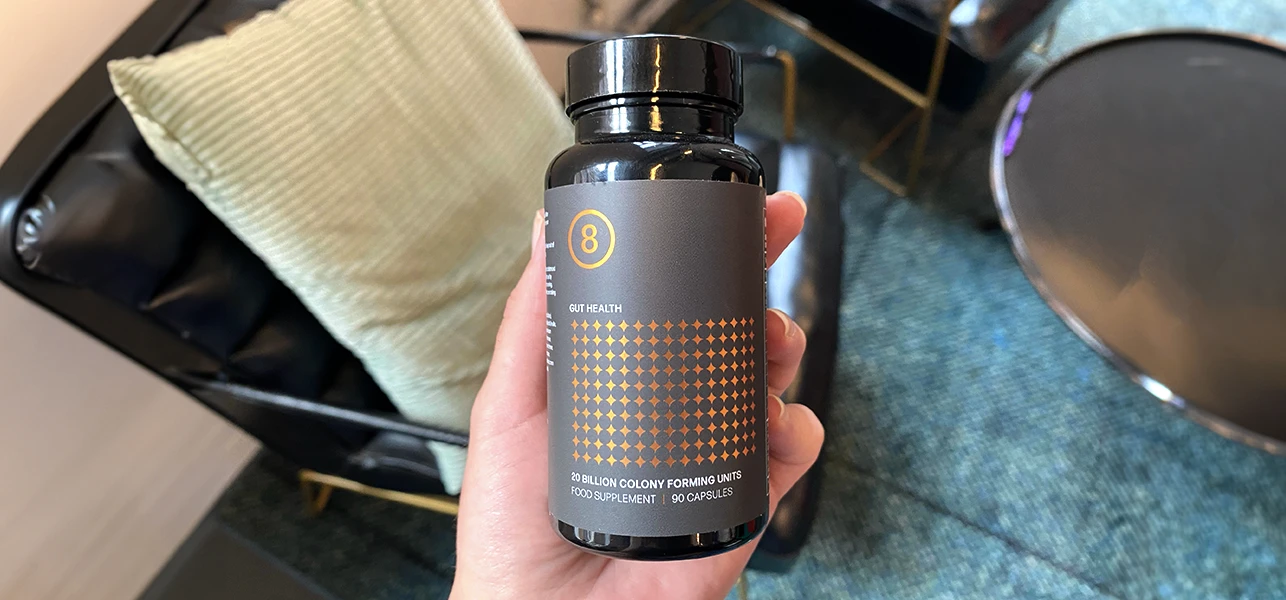
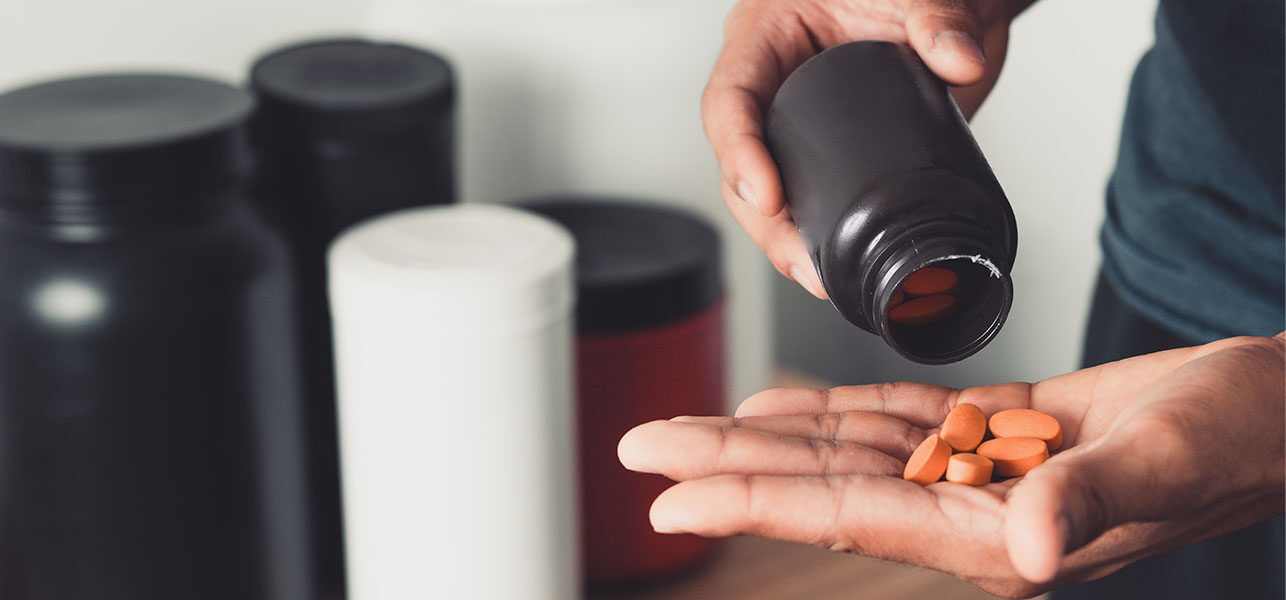

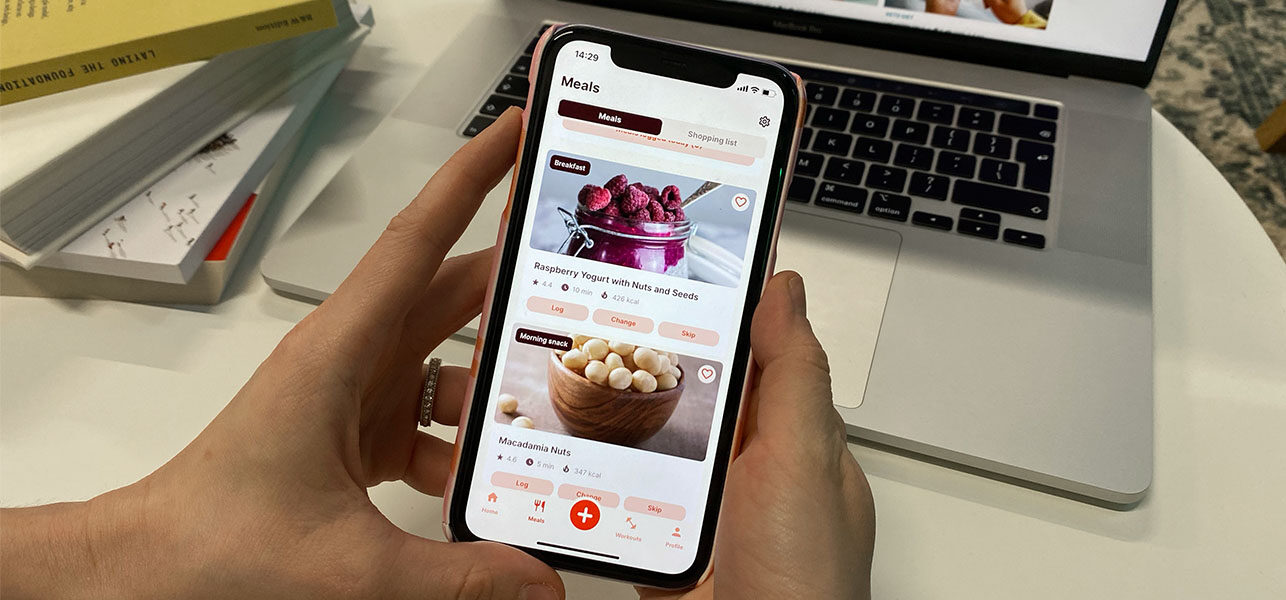
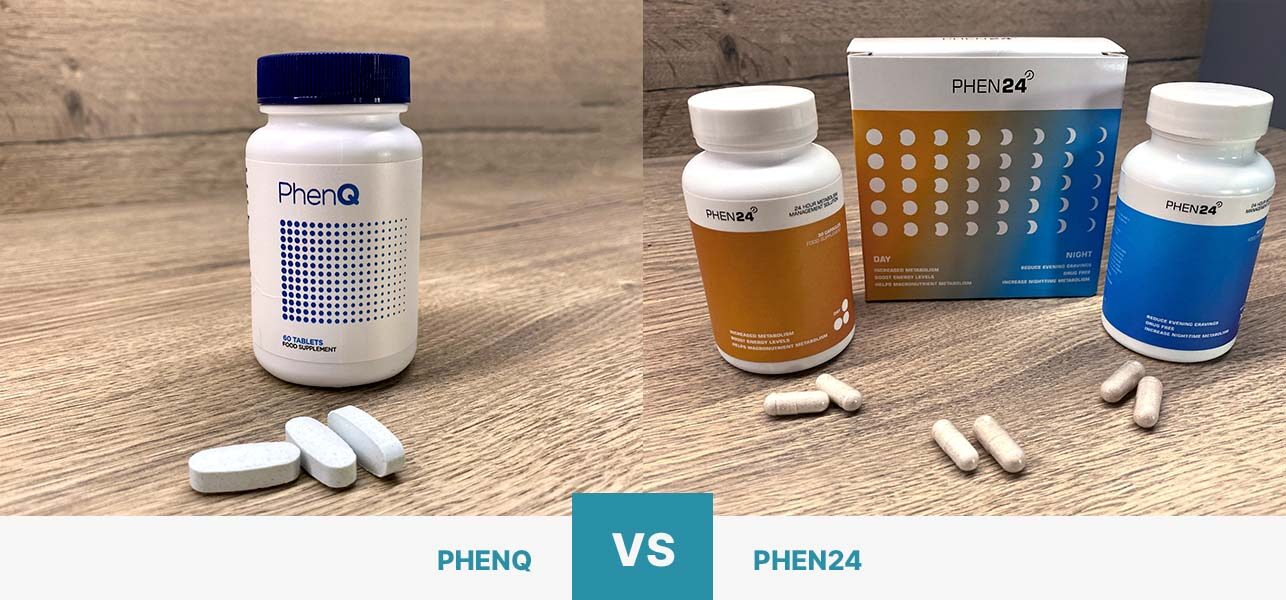

Comments (0)